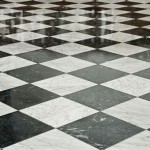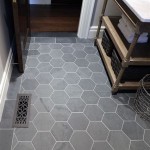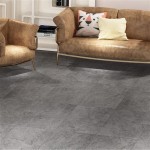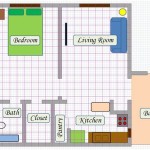Best Quality Engineered Hardwood Flooring
Engineered hardwood flooring is a popular choice for homeowners who want the look and feel of hardwood without the high cost and maintenance. This type of flooring is made from a thin layer of real hardwood veneer that is bonded to a core of plywood or HDF (high-density fiberboard). The veneer is typically finished with a durable polyurethane or UV-cured coating, which makes it resistant to scratches and wear.
Engineered hardwood flooring is available in a wide range of colors, styles, and finishes to match any décor. It can be installed over most subfloors, including concrete, plywood, and radiant heat. Engineered hardwood is also more stable than solid hardwood, which means it is less likely to buckle or warp due to changes in humidity or temperature.
When choosing engineered hardwood flooring, there are a few things to keep in mind. First, the thickness of the veneer is important. A thicker veneer will be more durable and will last longer. Second, the quality of the core material is important. A high-quality core will be more stable and will resist moisture and warping. Finally, the finish of the flooring is important. A durable finish will protect the flooring from scratches and wear.
Here are some of the benefits of engineered hardwood flooring:
- Durable and long-lasting
- Easy to install and maintain
- Available in a wide range of colors, styles, and finishes
- Can be installed over most subfloors
- More stable than solid hardwood
Here are some of the drawbacks of engineered hardwood flooring:
- More expensive than laminate flooring
- Not as durable as solid hardwood
- Can be difficult to repair
Overall, engineered hardwood flooring is a good choice for homeowners who want the look and feel of hardwood without the high cost and maintenance. It is durable, easy to install, and available in a wide range of colors, styles, and finishes.
Factors to Consider When Choosing Engineered Hardwood Flooring
When choosing engineered hardwood flooring, there are several factors to consider, including:
- Species: The species of wood used for the veneer will affect the look, feel, and durability of the flooring. Some of the most popular species used for engineered hardwood flooring include oak, maple, cherry, and walnut.
- Thickness: The thickness of the veneer is important because it will affect the durability of the flooring. A thicker veneer will be more resistant to scratches and wear.
- Core material: The core material of engineered hardwood flooring is typically plywood or HDF. Plywood is a strong and stable material, while HDF is a more dense material that is resistant to moisture and warping.
- Finish: The finish of engineered hardwood flooring is important because it will protect the flooring from scratches and wear. Some of the most common finishes include polyurethane and UV-cured coatings.
- Cost: Engineered hardwood flooring is more expensive than laminate flooring, but it is less expensive than solid hardwood flooring. The cost of engineered hardwood flooring will vary depending on the species of wood, the thickness of the veneer, the core material, and the finish.
By considering these factors, you can choose the best engineered hardwood flooring for your home and lifestyle.

Best Engineered Wood Flooring Options Forbes Home

Baltic Oak Engineered Hardwood Flooring Builddirect

Engineered Hardwood Flooring

Engineered Hardwood Flooring Vermont Wide Plank

Ultimate Guide To Choose The Best Engineered Hardwood

Best Engineered Wood Flooring For Your Home The

Elevate Every Room The Art Of Choosing Engineered Hardwood Flooring Word Mouth Floors

Hardwood Vs Engineered Wood Flooring Which Is Best For You Forbes Home

Why Choose Engineered Hardwood Flooring

Best Engineered Hardwood Floor For Scratch Resistance Lifecore Flooring Products








